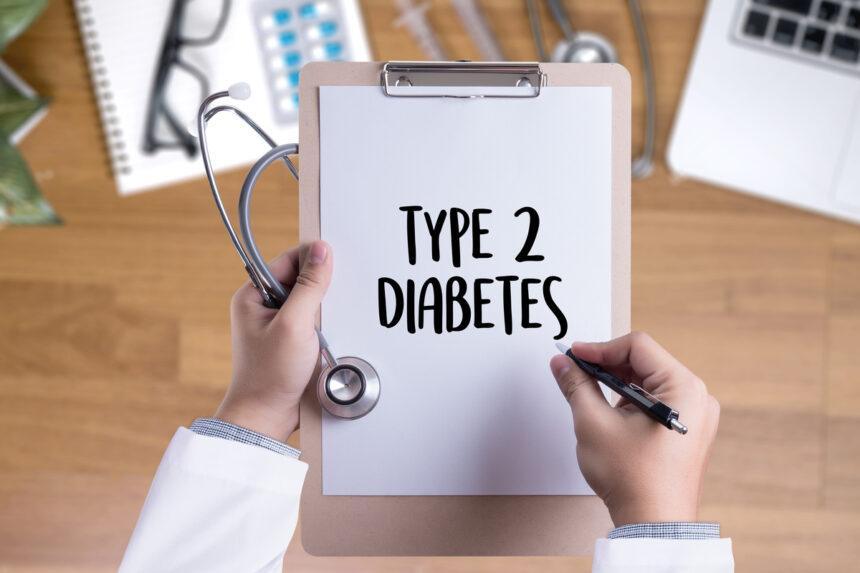As part of research in Diabetes, a collaborative team of experts from academic institutions in the UK and Australia reportedly developed a new class of antidiabetic drugs referred to as PATAS.
The mechanism of action involves the targeting of adipocytes, restoration of glucose entry, and re-establishment of the metabolic physiology of the adipose tissue.
The study was conducted on animal subjects; researchers have their sights set on clinical trials in the near future.
What the study determined: ” ALMS1 was found to bind to protein kinase C-α (PKCα) in the adipocyte, and upon insulin signaling, PKCα is released from ALMS1. α-Helices in the kinase domain of PKCα were therefore screened to identify a peptide sequence that interfered with the ALMS1-PKCα protein interaction. When incubated with cultured human adipocytes, the stapled peptide termed PATAS, for Peptide derived of PKC Alpha Targeting AlmS, triggered insulin-independent glucose absorption, de novo lipogenesis, and cellular glucose utilization.”
“In vivo, PATAS reduced whole-body insulin resistance, and improved glucose intolerance, fasting glucose, liver steatosis, and fibrosis in rodents. Thus, PATAS represents a novel first-in-class peptide that targets the adipocyte to ameliorate insulin resistance and its associated comorbidities.”


